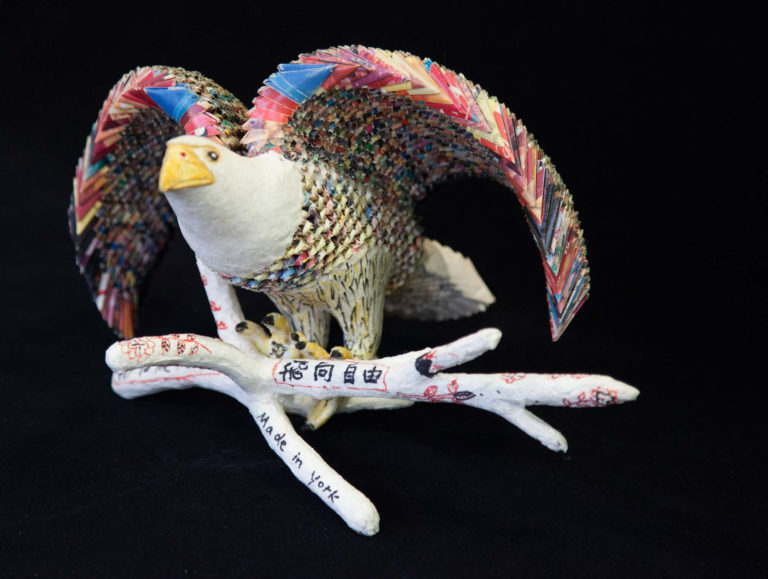
CLIR Announces 2018 Digitizing Hidden Special Collections and Archives Awards
Washington, DC, January 3, 2019—The Council on Library and Information Resources (CLIR) today announced the award of over $3.8 million to fund 17 projects for

Washington, DC, January 3, 2019—The Council on Library and Information Resources (CLIR) today announced the award of over $3.8 million to fund 17 projects for
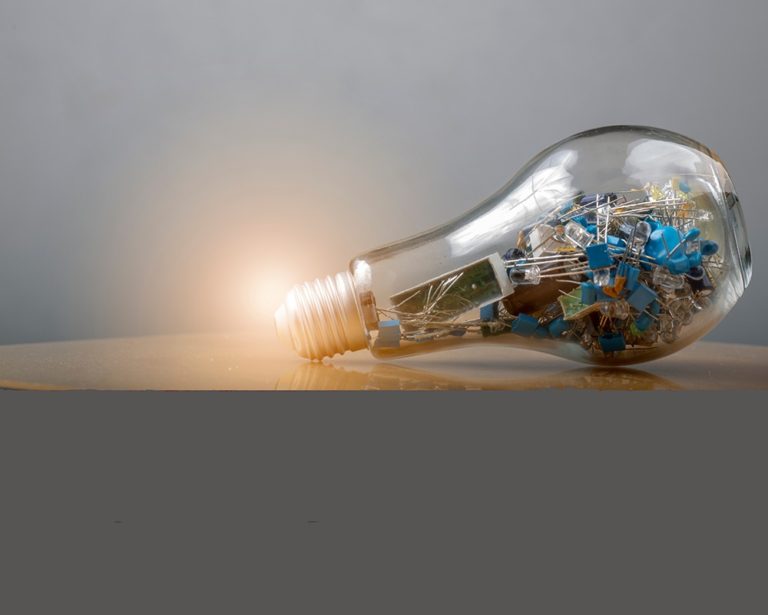
The appearance of makerspaces in academic libraries is a growing trend, reflecting the use of new technologies and more collaborative approaches in active learning.

—Charles Henry This is an introduction to a series of blogs meant to clarify CLIR’s working principles and goals for the next five years. The
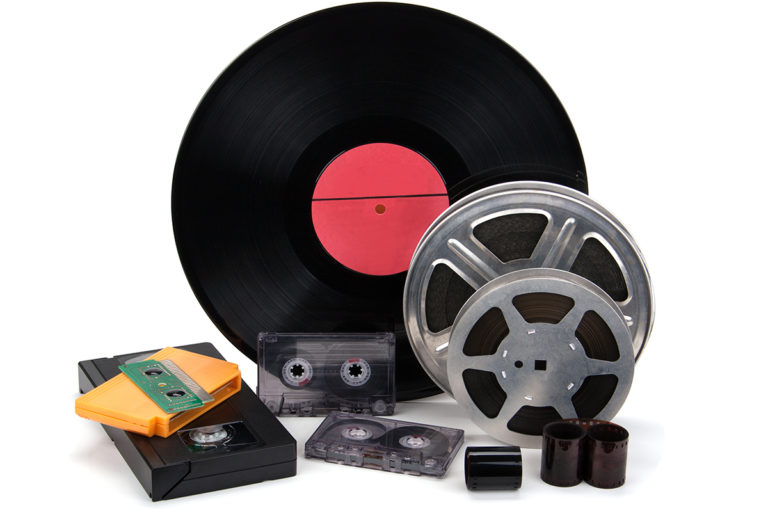
The Council on Library and Information Resources (CLIR) is now accepting applications from collecting institutions for the digital reformatting of audio and audiovisual materials, in
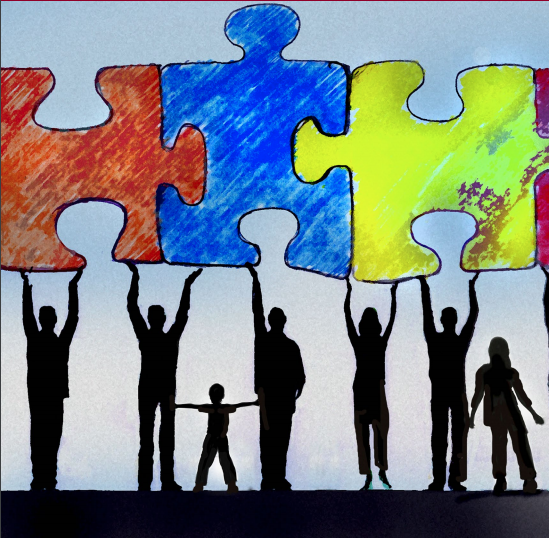
Contact: Kathlin Smith 202-939-4754 Washington, DC, October 25, 2018—CLIR today released an assessment of three recent National Digital Stewardship Residency (NDSR) initiatives focusing on public media,

Hannah Alpert-Abrams [Español] Building library or archival collections across national borders always involves a negotiation of power. In the United States, we have a long
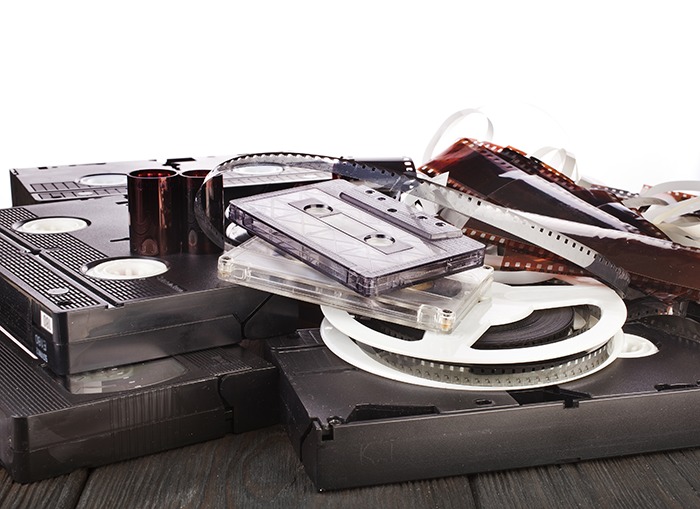
Washington, DC September 28, 2018– The Council on Library and Information Resources (CLIR) today announced that the following 18 institutions have been awarded Recordings at
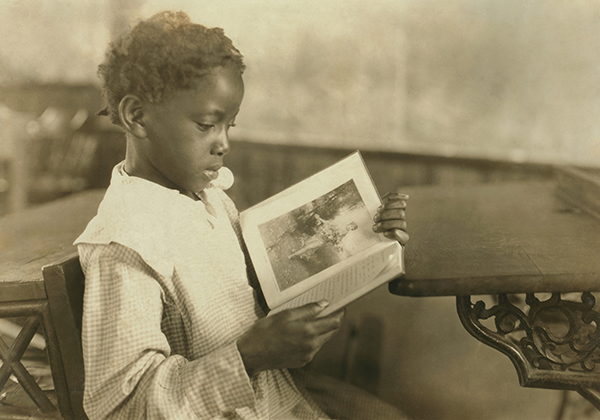
Contact: Kathlin Smith 202-939-4754 Washington, DC, September 20, 2018—The Andrew W. Mellon Foundation has awarded CLIR $2.75 million to help establish sound data management in African
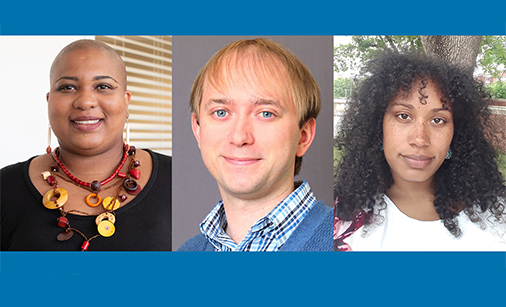
Washington, DC, September 10, 2018—Today, the Digital Library Federation (DLF) named three distinguished fellows in the pilot year of a new DLF Futures fellowship program.

First in the new Sidebar series —Charles Henry Editor’s update: This week, Kerala was hit with the worst flooding in more than a century, leaving
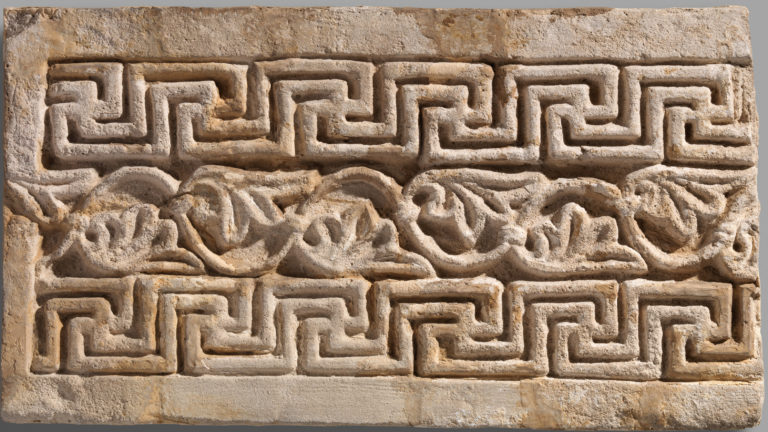
View in Arabic Washington, DC, August 21, 2018—The Council on Library and Information Resources (CLIR) has named five curatorial advisors to the Digital Library of

Christopher Prom and Kate Murray For many of us, email comprises the journal of our personal and professional daily life. We use it to exchange